Constant Level Infiltrometer – With or Without 15cm Auger – For Soil Permeability Tests for Autonomous Sanitation
- SOIL PERMEABILITY MEASUREMENT: The SDEC Constant Level Infiltrometer is designed to measure the soil’s saturated hydraulic conductivity (K coefficient), a key data point in determining soil’s ability to infiltrate water, essential for permeability tests in autonomous sanitation.
- RELIABLE PORCHET METHOD: Uses the constant level Porchet method to conduct precise percolation tests, measuring the rate of water absorption by the soil from shallow water-filled holes.
- CREATION OF A SATURATED BULB: Before measurement, a sufficient volume of water is percolated to create a saturated bulb in the soil around the hole, allowing for an accurate assessment of the soil’s infiltration capacity.
- COMPLETE KIT: Includes a stainless steel level control cell, HDPE saturation and measuring tanks, digital stopwatch, transport case, Edelman auger, and connectors, providing everything needed for reliable and practical measurements.
- PRACTICALITY AND PRECISION: The SDEC Constant Level Infiltrometer combines ease of installation and precision in measurements, proving to be an indispensable tool for professionals in autonomous sanitation and soil studies.
NOTE: There are two options for the kit, with or without the auger, to be specified at the time of purchase.
– SDEC Infiltrometer Model –
This device measures the soil’s saturated hydraulic conductivity (K coefficient), or permeability, defining the soil’s ability to allow water infiltration. The SDEC Infiltrometer is particularly suited for conducting percolation tests for this type of study, using the constant level method (Porchet method).
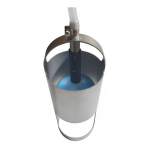
– Principle –
Shallow holes are made, filled with clear water, to measure the rate at which the ground absorbs the water.
A sufficient volume of water is first percolated through the hole to create a saturated bulb in the soil surrounding it.
The volume of water needed to maintain a constant water level in the hole during the test is then measured.
This calculates the K coefficient of the studied soil, which, according to the circular of 22.05.1997, determines the volume of wastewater admissible per square meter for underground spreading.
– Operation –
Shallow holes are made, filled with clear water, to measure the rate at which the ground absorbs water. A sufficient volume of water is first percolated through the hole to create a saturated bulb in the soil surrounding it.
The volume of water needed to maintain a constant water level in the hole during the test is then measured. This calculates the K coefficient of the studied soil, which, according to the circular of 22.05.1997, determines the volume of wastewater admissible per square meter for underground spreading.
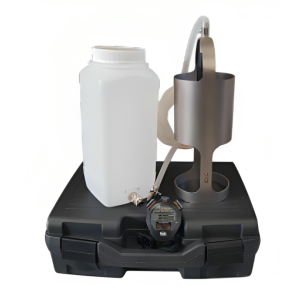
– Kit Composition –
A stainless steel level control cell accompanied by 2 meters of hose and an adjustable height suspension device, a 25-liter HDPE saturation tank, a 2.5-liter HDPE measuring tank, a digital stopwatch, a polypropylene transport case, a 15 cm diameter and 125 cm length Edelman auger, and self-sealing connectors.
Additional information
| Cell Diameter | 10 cm |
|---|---|
| Hole Diameter | 15 cm |
| Water height regulated by the float | 15 cm |
| Measurement range | 0 à 360 mm/h |
| Method | Constant level (Porchet Method) |
| With or without 15cm auger | With, Without |









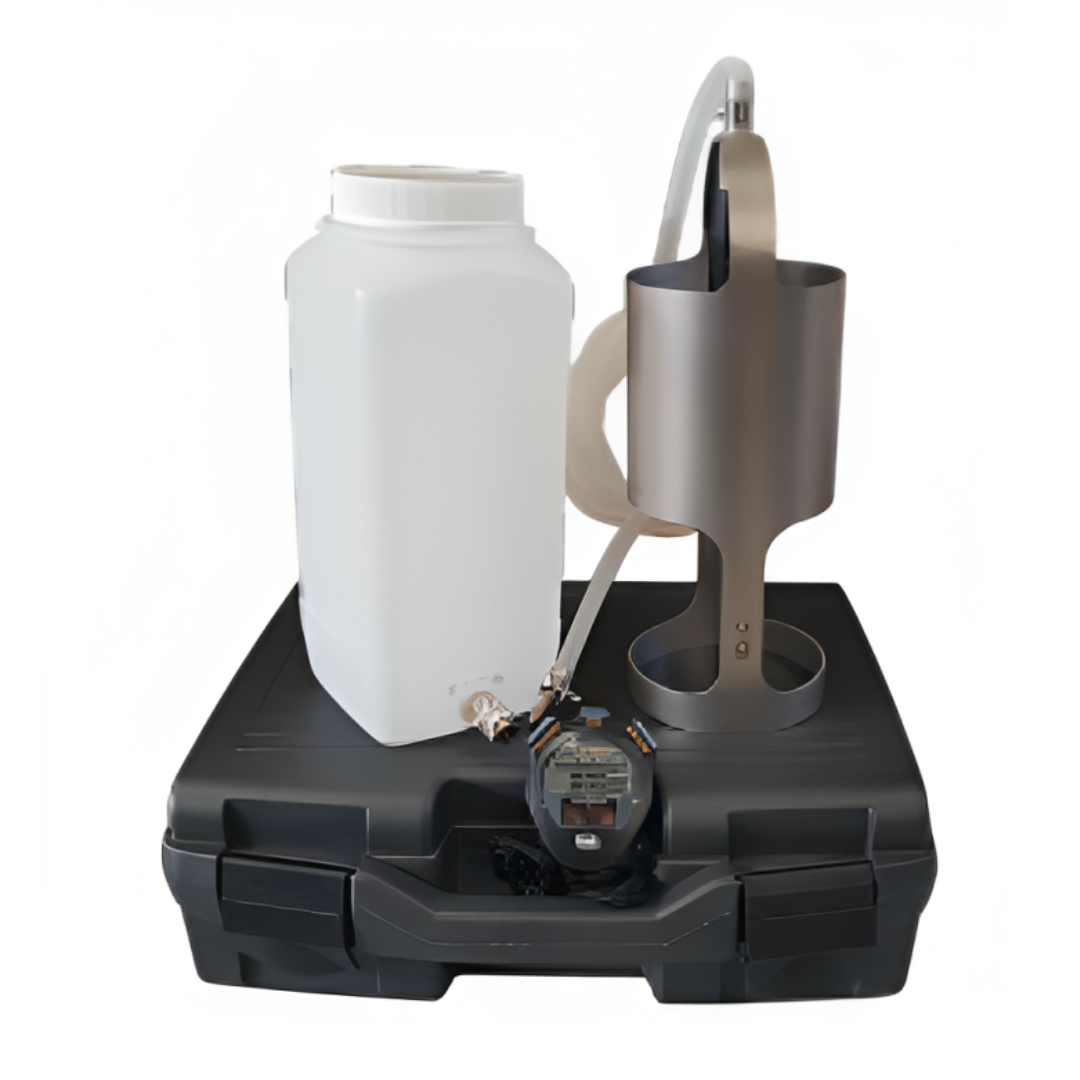
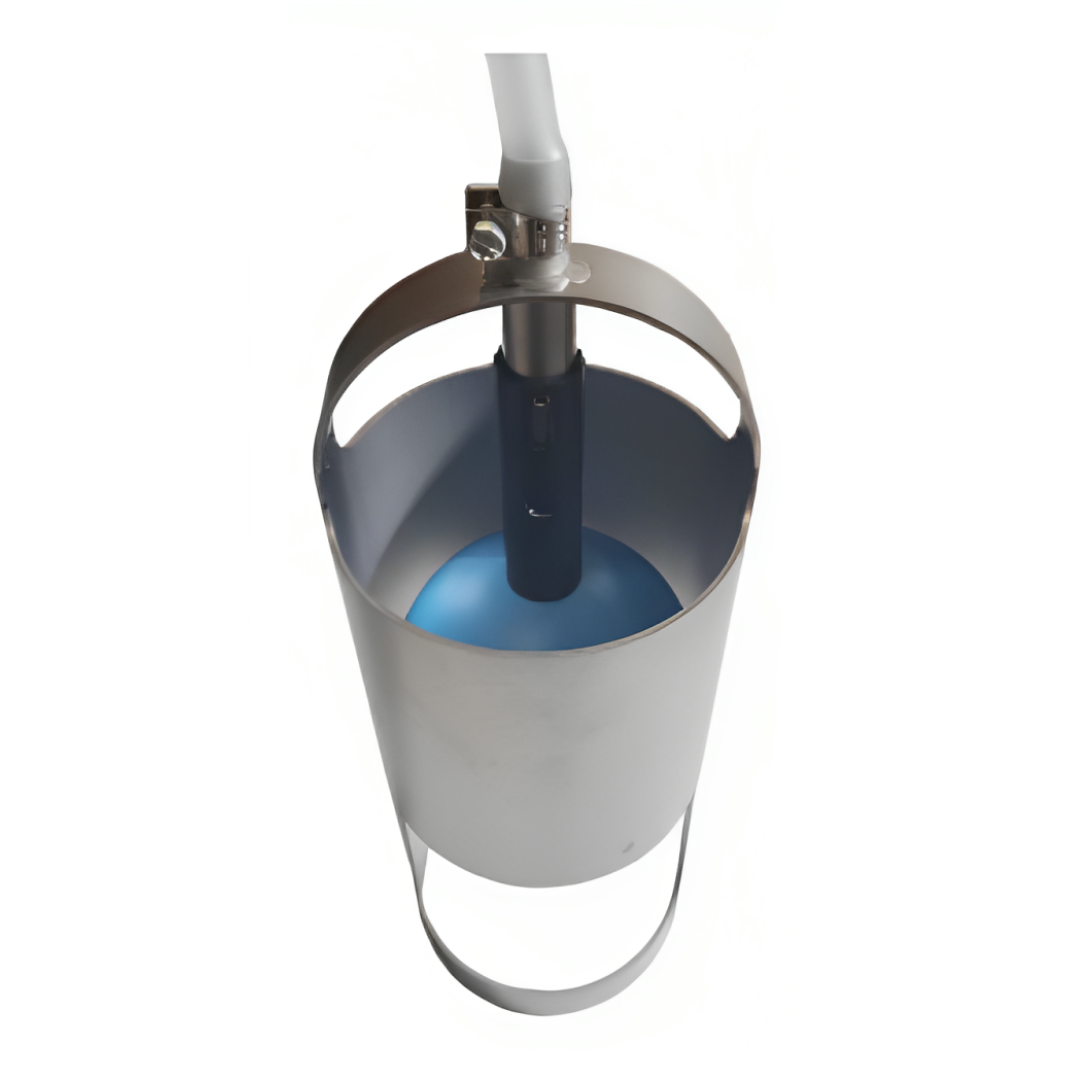
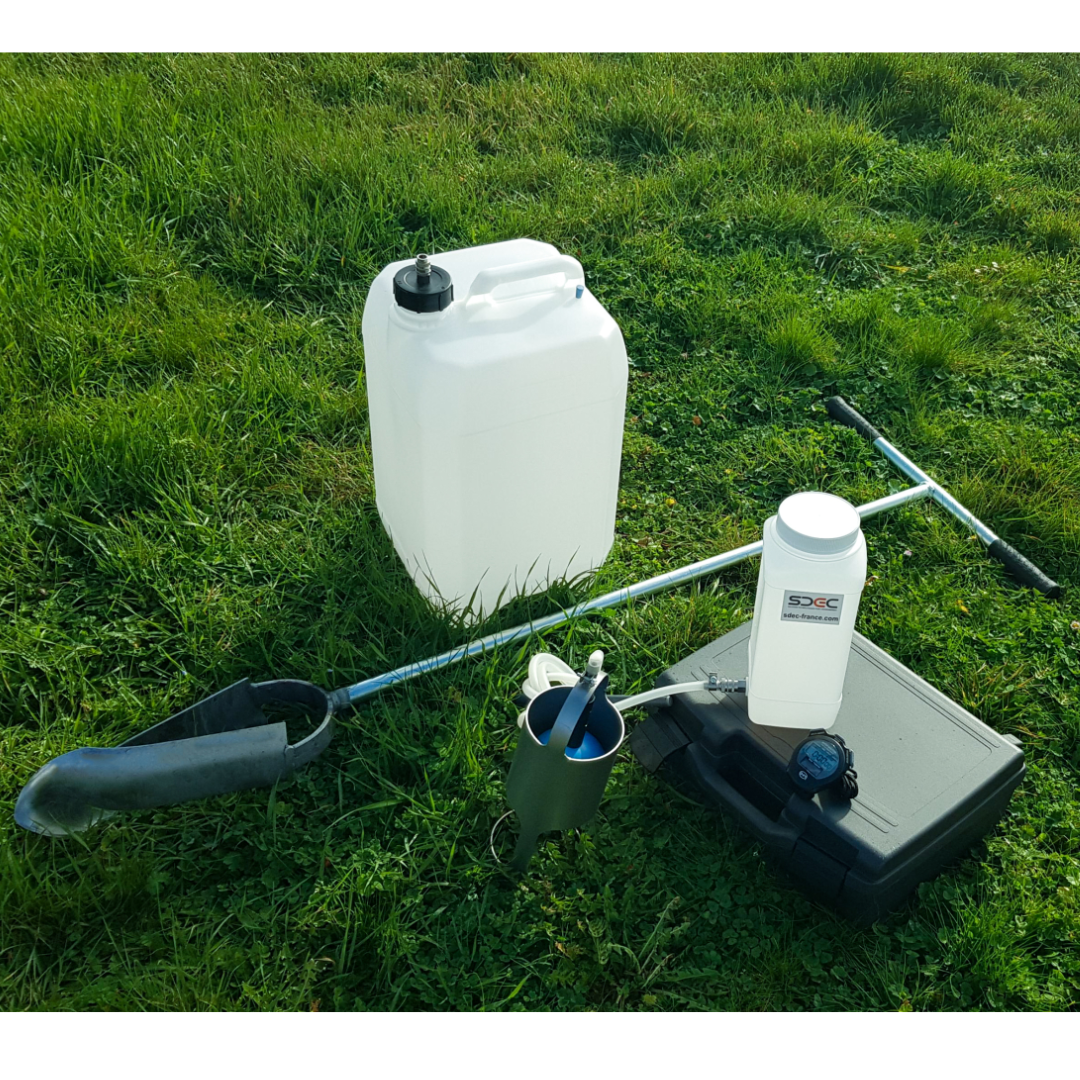
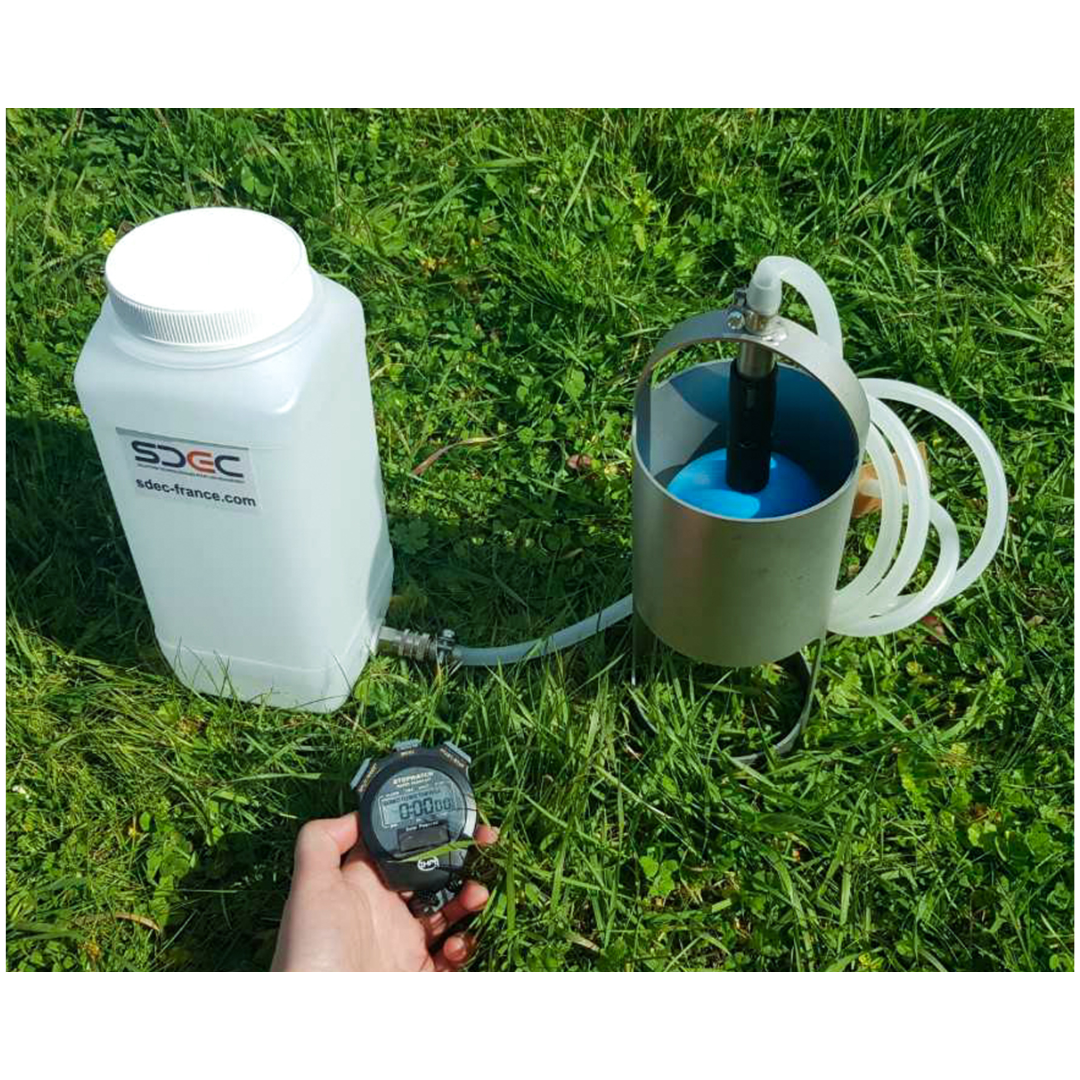
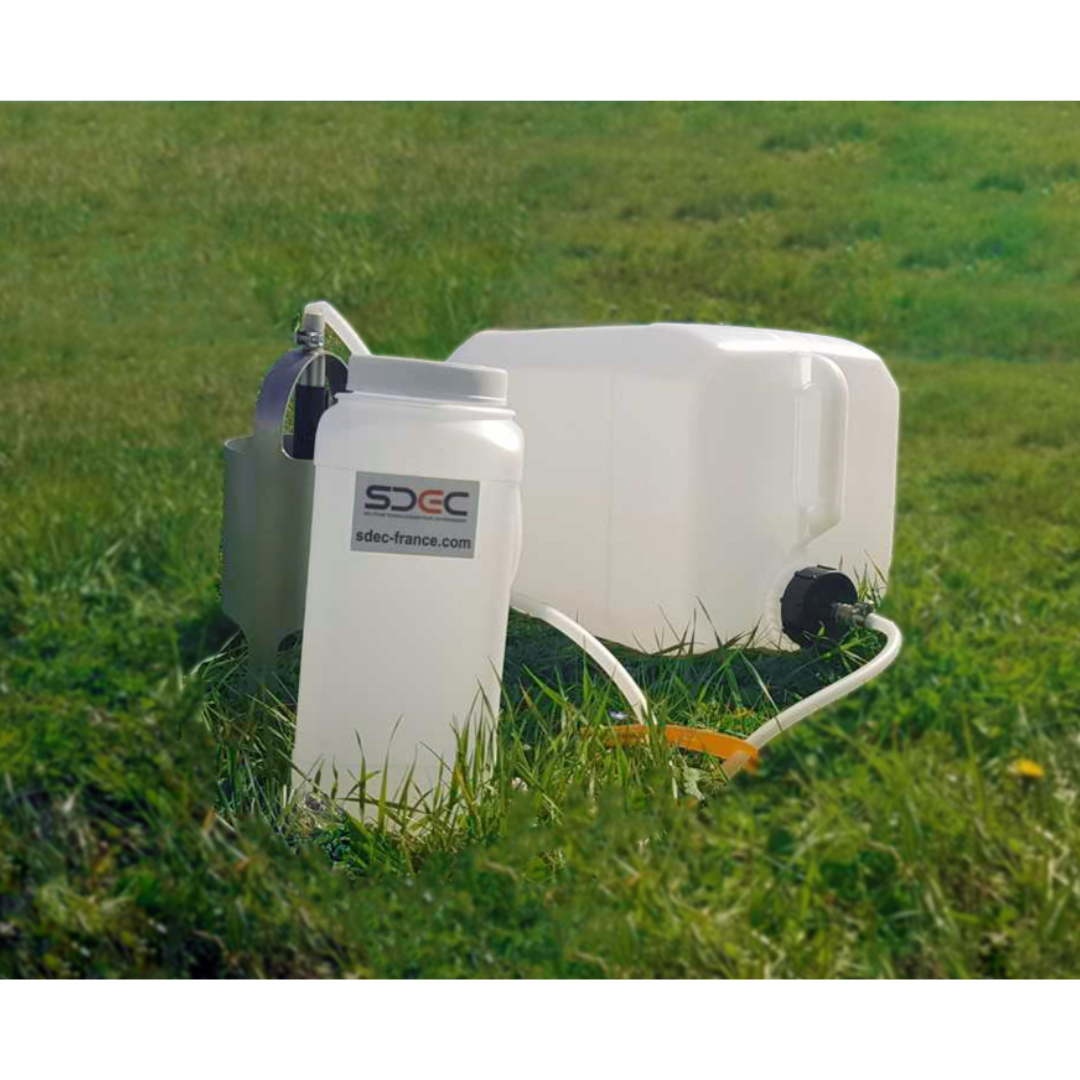
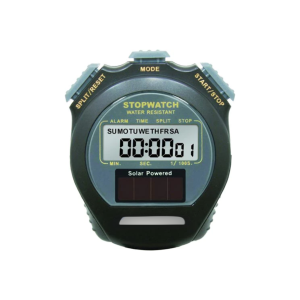
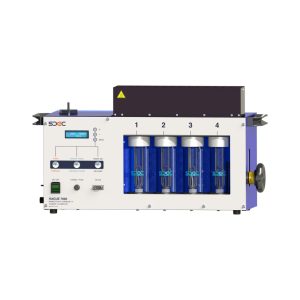

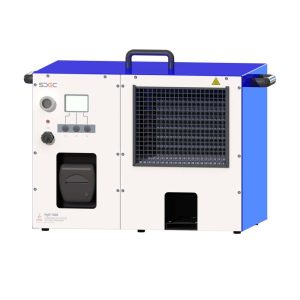
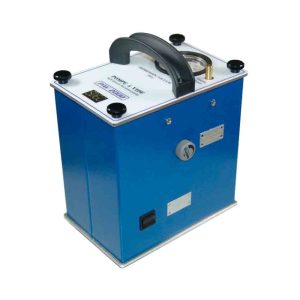
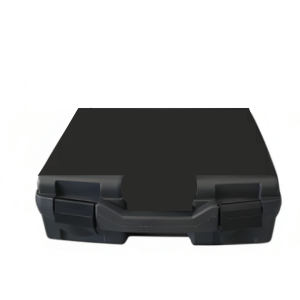
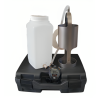
Reviews
There are no reviews yet.